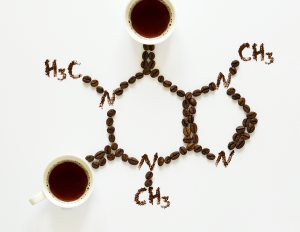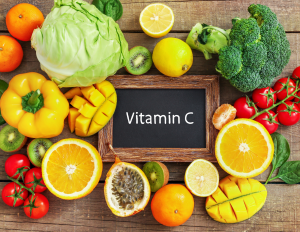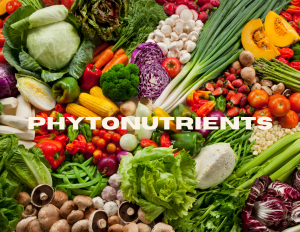Water is essential for all living things. The humans, plants, and animals living in, on, or above the Earth rely on water for a variety of crucial functions. Humans rely on water as a vital nutrient to each and every one of our cells. It can help to regulate body temperature, transport metabolized energy sources, flush waste, lubricate joints, and more as the list goes on and on (USGS).
Should I wait until I feel thirsty?
Being that even mild cases of dehydration can lead to negative health risks, it is important to note that waiting for early indicators of water depletion may not always be an effective way to stay hydrated.
Many of us have heard the phrase, “once you feel thirsty, you are already dehydrated” and, to some degree, this is true. The human body is designed to send signals of thirst, or a desire to drink, once it is already depleted of fluids. In a healthy body, these signals are prompted by physiological or behavioral cues and encourage you to replenish the exhausted stores however, research has shown that the body’s regulation of fluid intake and thirst can change and tend to decline with age or worsening health (Harvard). So, instead of waiting for a cue to drink water such as a dry mouth or chapped lips, dark urine or lightheadedness, it can be important to actively participate in hydration techniques.
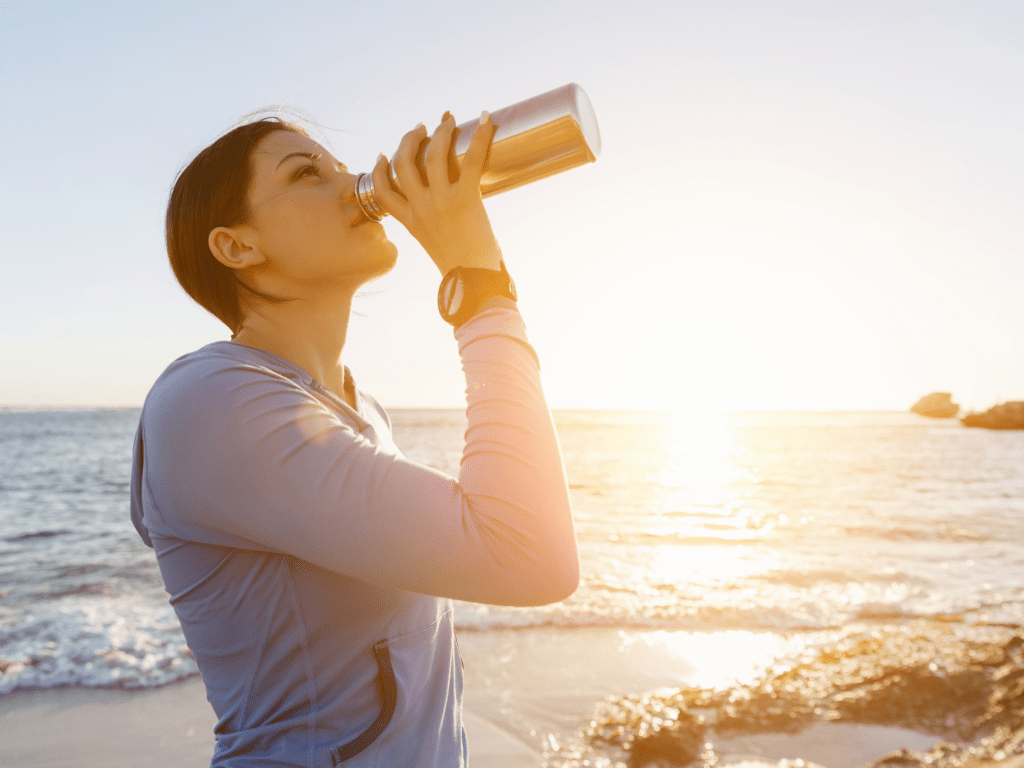
How much water should I drink?
Of course, there is no simple answer because the amount of water you should consume each day can vary based on your age, gender, and weight as well as your activity level, the temperature outside, and the climate you live in. With some of these discrepancies in mind, the Institute of Medicine has developed a guideline, the Adequate Intake (AI), in attempts to help most healthy individuals avoid the symptoms of dehydration. Below, you will find a table that outlines the daily AI recommendations based on age and gender. Please take into account, these guidelines do not address physical activity, illness, or extreme temperature climates, which may require you to increase your water intake or replenish an excessive loss of body fluids.

Do I have to drink all of that water?
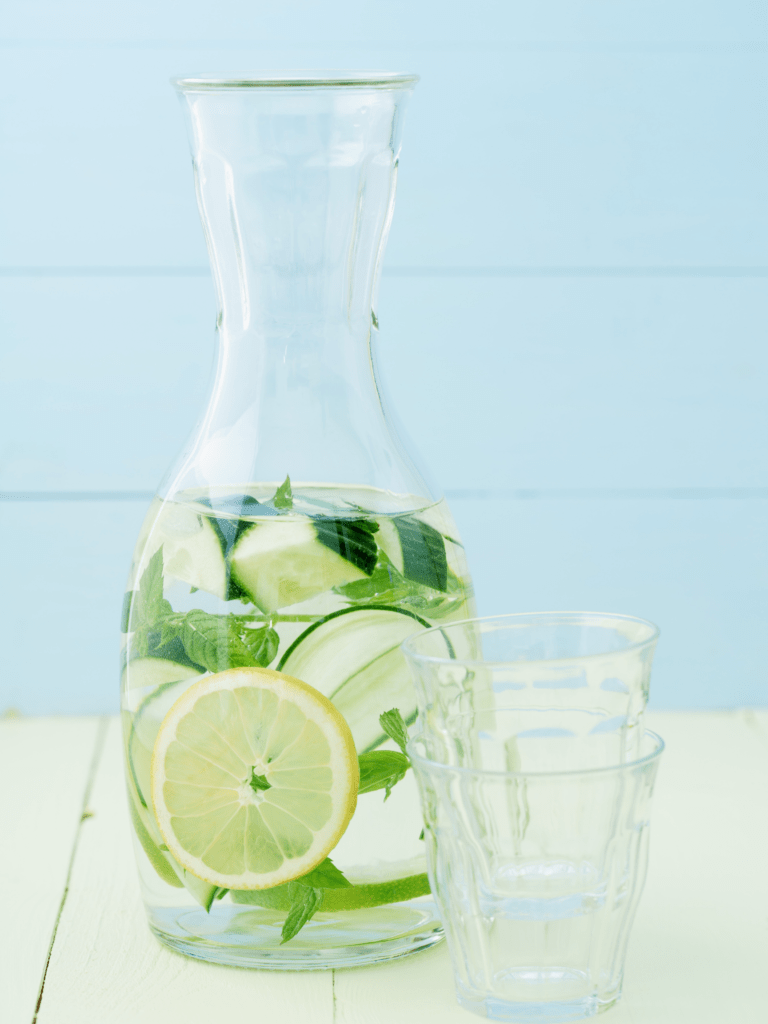
No, there are plenty of ways to keep your body hydrated! Check out some easy ways to increase or supplement your water consumption down below!
- Food!
- Nearly 20% of your daily water intake comes from what you eat. If you’re looking to increase your water consumption, try reaching for some of those water-rich vegetables such as leafy greens, bell peppers, or celery.
- Add Flavor!
- Making infused water at home is a great and inexpensive way to hydrate your body. Try filling a pitcher of ice water with slices of lemon, crushed mint, or cucumber to enjoy all day long.
- Set Goals!
- If you’re a competitive person or enjoy a bit of a challenge, you could try setting goals for yourself to stay hydrated during the day. Perhaps you will push yourself to fill and finish your favorite water bottle four different times or even aim to finish a large glass of water at each of your meal/snack times.
By any standards, water is important. It is essential for your health and wellbeing, not to mention, it’s the perfect low-calorie, sugar-free beverage to quench your thirst and keep you hydrated.
Sources:
How to Tell If You’re Dehydrated
The Water in You: Water and the Human Body
Water | The Nutrition Source | Harvard TH Chan School of Public Health
The Hydration Equation: Update on Water Balance and Cognitive Performance


